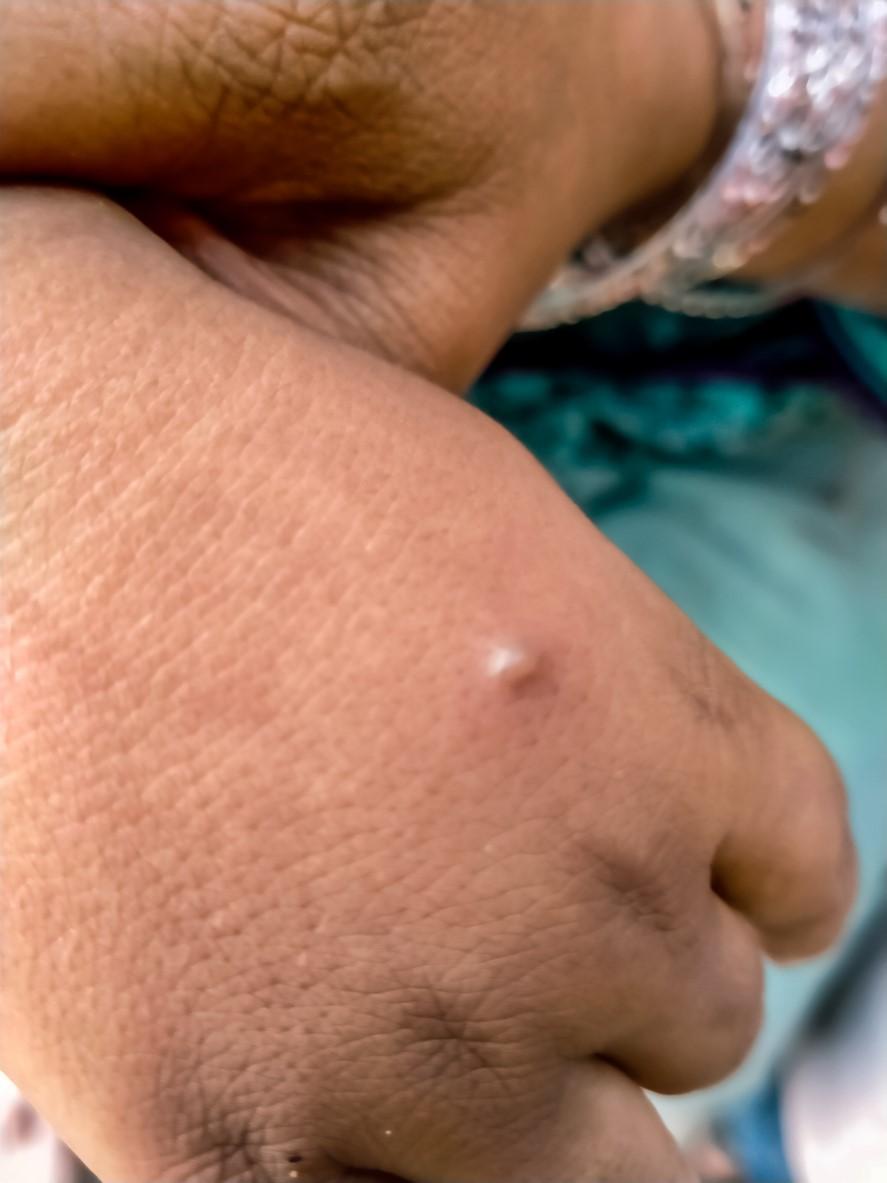California health officials are confronting growing numbers of monkeypox cases, with numbers doubling in Los Angeles County over the past 2 weeks.
The state has nearly 3,000 cases, and a third of those are in Los Angeles County. Late last week, California Department of Public Health Director Tomas Aragon, MD, DrPH, announced the state will now formally call the disease "mpox," not "monkeypox."
Latinos are the most affected group in the state, representing 39% of reported cases, White people 38%, and Black people 12%.
Also late last week, Aragon announced more specific isolation measures for California residents with the virus. Staying home is urged for all cases and suspected cases (except to see a health provider) until lesions are fully healed for 48 hours, meaning scabs have fallen off and new skin is seen. People with the virus who live with others should isolate alone in a room in the house or apartment.
For those with lesions that can be fully covered, limited activities outside the home can be resumed when they have not had a fever or new lesions for 48 hours.
All case-patients are also encouraged to use condoms for at least 12 weeks after infection and to wear a respirator face covering until all lesions have resolved.
As of the end of last week, the United States had 14,115 monkeypox cases.
Seattle declares public health emergency
In other news, Seattle's King County has declared a public health emergency for monkeypox. The move will allow increased funding and staffing for the Department of Health.
Washington state had counted 333 monkeypox infections as of late last week, the Seattle Times reported, 275 of which were confirmed in King County, according to the state Department of Health.
Over the weekend, the New York State Department of Health reported the first case of monkeypox in that state in a resident under the age of 18. The age of the child was not reported, but he or she does not reside in New York City.
UK begins fractional dosing pilot
The UK Health Security Agency (UKHSA) launched a pilot program of fractional, intradermal monkeypox vaccine dosing at three sites across the United Kingdom.
"Adopting this tried and tested technique will help to maximise the reach of our remaining stock, including the 100,000 doses due to arrive in the country next month, potentially enabling us to offer protection for many more thousands of people," said Mary Ramsay, MD, the head of immunization at UKHSA, in a statement.
Fractional dosing is approved for use in the United States and by the European Medicines Agency.
The practice, however, is not without controversy. Clinicians may require special training before being able to accurately perform intradermal injections, and the injection method causes more localized reactions.
Globally, there are 41,743 confirmed monkeypox cases.






















